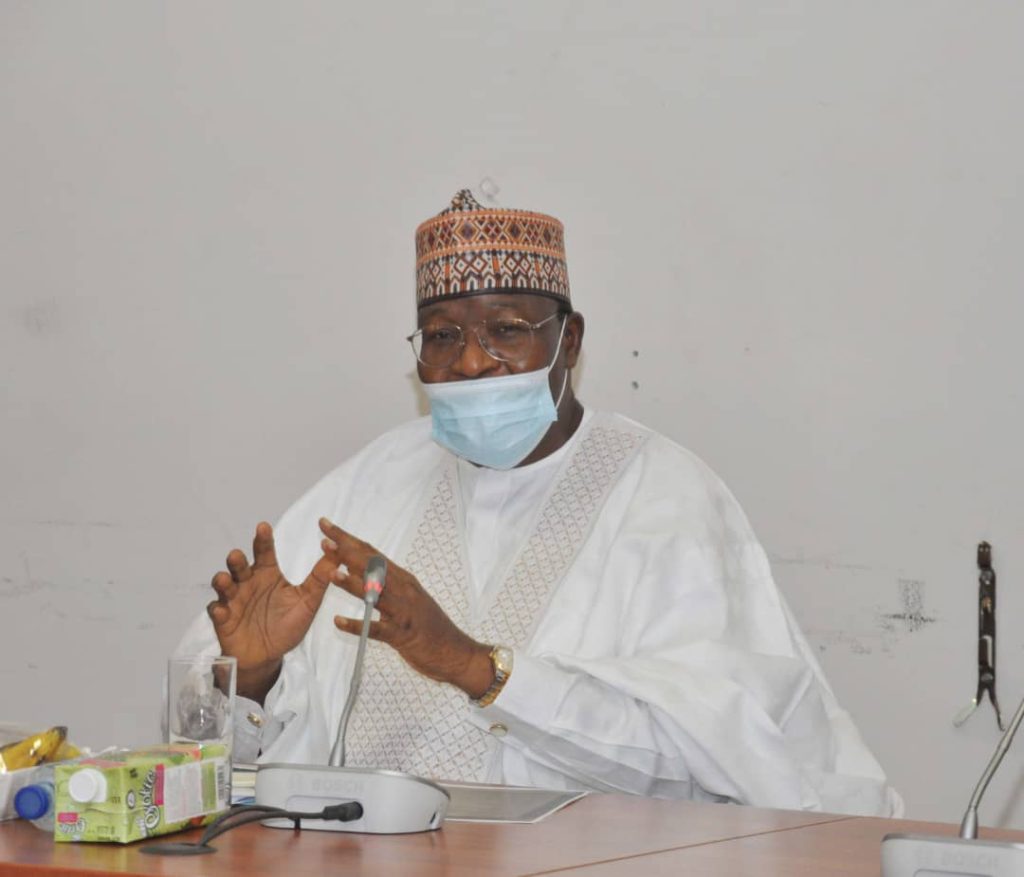The Nigerian Communications Commission (NCC) is on the verge of executing the counterpart funding agreements with the seven licensed Infrastructure Companies (InfraCos).
The Executive Vice Chairman of NCC, Prof. Umar Danbatta, who disclosed this yesterday in a keynote address at a Virtual Innovative Tech Forum, organized by the National Information Technology Reporters Association (NITRA), noted that executing the funding agreement facilitate increase in fibre deployment around the country to enhance the digital transformation agenda of the Federal Government.
Prof. Danbatta also believes that apart from facilitating fibre deployment, such intervention will be instrumental to the survival of SMEs that have had to ride on the backbone of telecoms infrastructure in order to survive the ravaging Covid-19 pandemic.
“The NCC is in the process of executing the counterpart Funding Agreements with licensed INFRACOs to facilitate increase in fibre deployment around the country to enhance the digital transformation agenda of the Federal Government,” Danbatta, who was represented by Engr. Ubale Ahmed Maska, Executive Commissioner at NCC announced.
In an effort to introduce drastic measures aimed at providing proper regulatory framework for the industry and also to ensure that Nigerian subscribers receive value for money, the telecom regulator decided to license Infrastructure companies (INFRACOs) with the sole purpose of bridging existing telecom gaps.
Also, the move was in line with the Commission’s determination to drive broadband access. There are six (6) licensed INFRACOs with one in each geo-political zone of the country. Lagos State receives special recognition and possesses its own license because of its commercial centrality to the country. The seventh license for the North-Central region is being processed.

